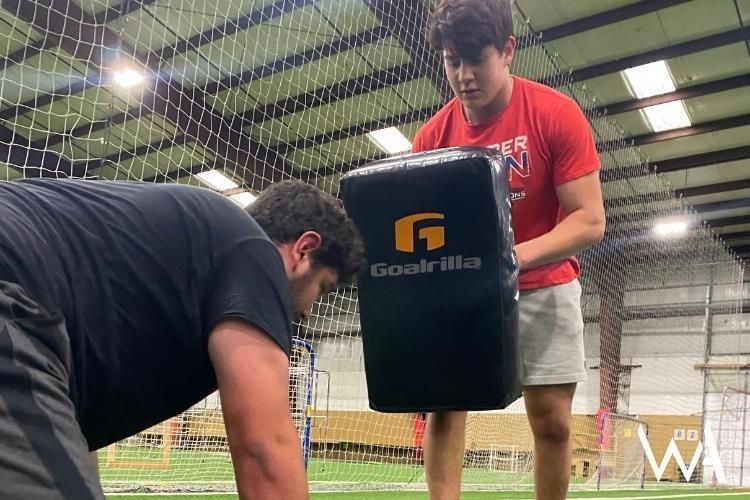
During the offseason, we passionately encourage our athletes to push their boundaries and work relentlessly every day, driven by the desire for improvement. However, there comes a point when even the most dedicated athletes need to embrace a different approach. The mantra "no days off" remains essential, but occasionally, taking a breather becomes equally beneficial.
At Warren Academy, we offer comprehensive youth and high school strength, speed and agility offseason training programs that are meticulously designed to enable athletes to push themselves to new heights. We tailor our programs to meet the unique needs of each athlete, ensuring they are primed for their upcoming seasons. Below, we dive into the concept of "overtraining" and shed light on how athletes can recognize when it's time to take a little rest.
Understanding overtraining
Overtraining is a situation where athletes push themselves to the limit without allowing their bodies the necessary rest and recovery. While training more frequently can expedite progress in strength and conditioning, rest and recovery are equally indispensable. Overtraining can impede progress and elevate the risk of injury.
Signs indicating overtraining
Distinguishing between being "sore" from rigorous training and experiencing "overtraining" can be challenging. However, certain indicators can help identify when it's time for a day or two of rest:
Decreased performance: When you find that your performance is stagnating or declining despite consistent or increased training, it's a clear sign that your body requires a break.
Excessive workout strain: Overtraining can make routine workouts feel unusually arduous. If you're barely getting through a regular training session, it's time to consider a rest period.
Sleep patterns: Quality sleep is pivotal for recovery. Oversleeping, struggling to wake up in the morning or feeling perpetually fatigued might be signals from your body that it needs respite.
Increased risk of injury: Frequent or severe injuries can be a direct result of overtraining. When your body lacks adequate rest and recovery, injury susceptibility rises significantly.
Listening to your body
While athletes are encouraged to persevere through soreness and early morning training sessions, there are moments when the body unequivocally demands a brief hiatus. Should you recognize any of these telltale signs of overtraining, it's crucial to grant your body the necessary rest. Prioritize quality sleep, recharge your energy levels and provide your body with the nutrients it requires for effective recuperation.
At Warren Academy, our comprehensive speed and agility training programs have been instrumental in empowering numerous young athletes to bolster their strength, enhance their speed and elevate their overall athletic performance. Visit our website today to learn more!


